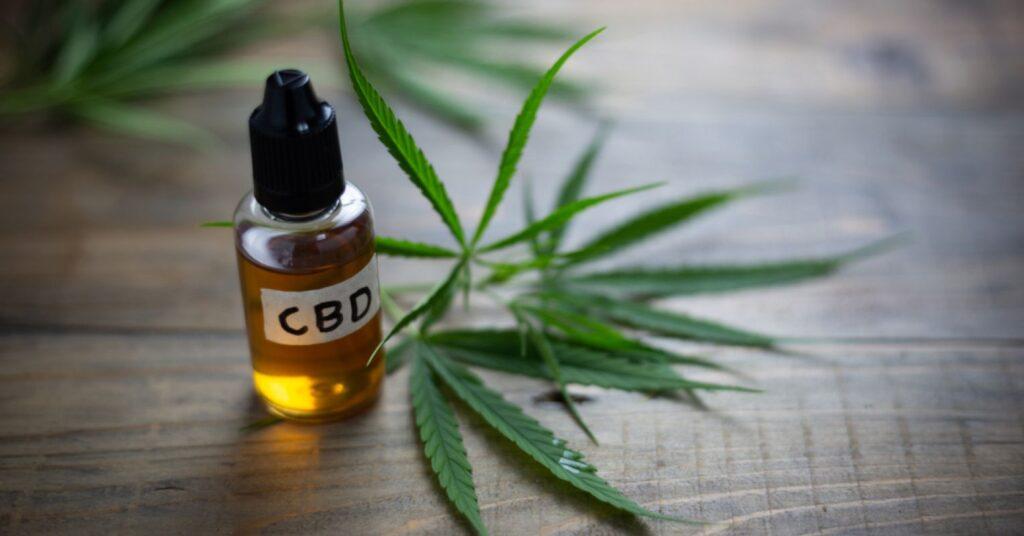The anxiolytic (anti-anxiety) effects of CBD in frontline health care professionals during the COVID-19 pandemic were maintained up to 1 month after the treatment discontinuation, “suggesting a persistent decrease in anxiety in this group in the real world”.
 This is according to a new study published by the journal Frontiers in Pharmacology, and epublished by the National Institute of Health. The study is titled Maintained anxiolytic effects of cannabidiol after treatment discontinuation in healthcare workers during the COVID-19 pandemic.
This is according to a new study published by the journal Frontiers in Pharmacology, and epublished by the National Institute of Health. The study is titled Maintained anxiolytic effects of cannabidiol after treatment discontinuation in healthcare workers during the COVID-19 pandemic.
The objective of the study was to “assess whether the effects of oral administration of 300 mg of Cannabidiol (CBD) for 28 days on mental health are maintained for a period after the medication discontinuation.”
“This is a 3-month follow-up observational and clinical trial study”, states the study’s abstract. “The data were obtained from two studies performed simultaneously by the same team in the same period and region with Brazilian frontline healthcare workers during the COVID-19 pandemic. Scales to assess emotional symptoms were applied weekly, in the first month, and at weeks eight and 12.”
The primary outcome was that, compared to the control group, “a significant reduction in General Anxiety Disorder-7 Questionnaire (GAD-7) from baseline values was observed in the CBD group on weeks two, four, and eight after the end of the treatment.”
Researchers conclude that “The anxiolytic effects of CBD in frontline health care professionals during the COVID-19 pandemic were maintained up to 1 month after the treatment discontinuation, suggesting a persistent decrease in anxiety in this group in the real world. Future double-blind placebo-controlled clinical trials are needed to confirm the present findings and weigh the benefits of CBD therapy against potential undesired or adverse effects.”
Abstract
Objective: To assess whether the effects of oral administration of 300 mg of Cannabidiol (CBD) for 28 days on mental health are maintained for a period after the medication discontinuation. Methods: This is a 3-month follow-up observational and clinical trial study. The data were obtained from two studies performed simultaneously by the same team in the same period and region with Brazilian frontline healthcare workers during the COVID-19 pandemic. Scales to assess emotional symptoms were applied weekly, in the first month, and at weeks eight and 12. Results: The primary outcome was that, compared to the control group, a significant reduction in General Anxiety Disorder-7 Questionnaire (GAD-7) from baseline values was observed in the CBD group on weeks two, four, and eight (Within-Subjects Contrasts, time-group interactions: F1-125 = 7.67; p = 0.006; ηp 2 = 0.06; F1-125 = 6.58; p = 0.01; ηp 2 = 0.05; F1-125 = 4.28; p = 0.04; ηp 2 = 0.03, respectively) after the end of the treatment. Conclusions: The anxiolytic effects of CBD in frontline health care professionals during the COVID-19 pandemic were maintained up to 1 month after the treatment discontinuation, suggesting a persistent decrease in anxiety in this group in the real world. Future double-blind placebo-controlled clinical trials are needed to confirm the present findings and weigh the benefits of CBD therapy against potential undesired or adverse effects.







